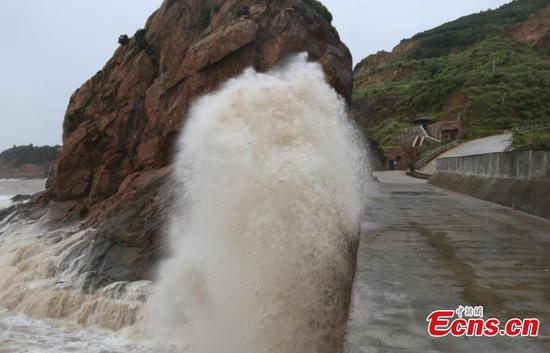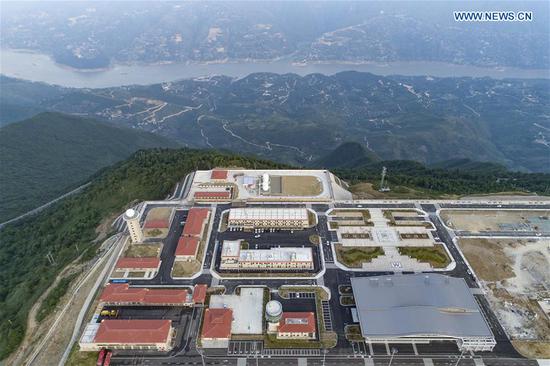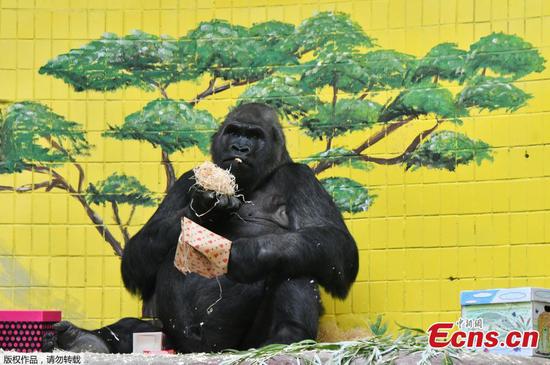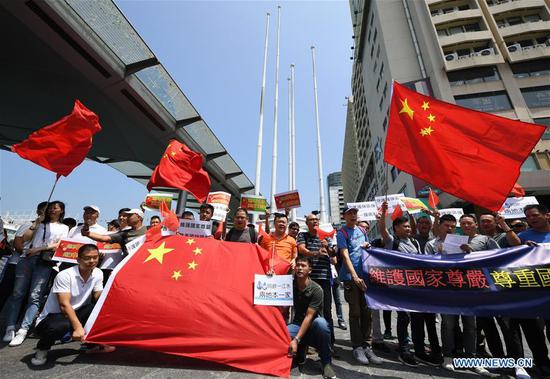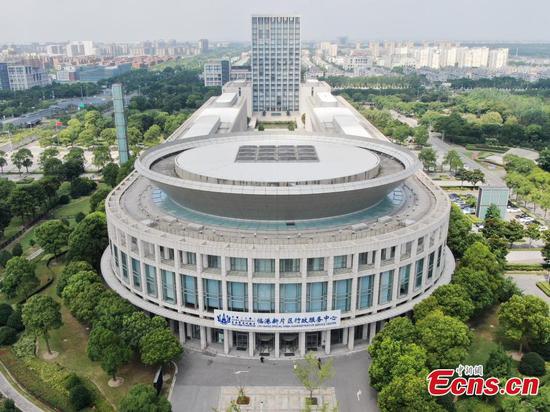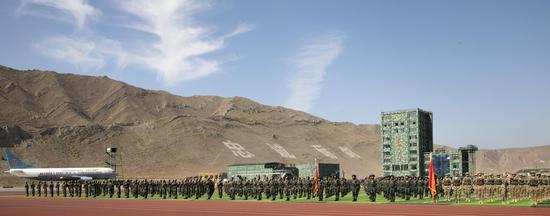Experts: Bilateral ties based on mutual benefits and comparative advantages
China and the United States need to establish a new balance of trade, finance and technology cooperation, while avoiding a full-blown confrontation amid intensified tensions, experts said.
Their comments came as Washington threatened to impose an additional 10 percent tariff on $300 billion worth of Chinese goods starting Sept 1, and labeled China "a currency manipulator".
Huang Renwei, deputy director of Fudan Institute of Belt and Road &Global Governance, said China-U.S. relations are unprecedentedly grim, because the ballast stone-their economic and trade ties-has been facing harsh confrontation.
"We should persist in building a new strategic balance between China and the U.S., a balance in terms of trade, finance and technology," Huang said during a seminar in Beijing.
Such a balance cannot be immediately established, but the goal won't be changed, Huang said. Only when those U.S. hard-liners are greatly challenged, will they come to seek the new balance, he added.
Wang Wen, chief economist with China Export and Credit Insurance Corp, said China-U.S. economic and trade relations are based on comparative advantages and mutual benefits, which bring huge benefits to companies and consumers of both countries.
The world's two largest economies have been involved in addressing the trade tensions for the past year. Analysts said the U.S.' new tariff threat puts the progress that both parties made in the past 12 rounds of high-level talks in vain.
Official data showed that China's foreign trade grew 4.2 percent year-on-year in the first seven months of the year to 17.41 trillion yuan ($2.49 trillion).
During the period, China's trade with the U.S. declined 8.1 percent year-on-year to 2.1 trillion yuan. The European Union remained China's largest trading partner between January and July, with trade volume up 10.8 percent year-on-year to 2.72 trillion yuan, followed by ASEAN, up 11.3 percent to 2.35 trillion yuan.
Ni Jianjun, deputy head of the international economics department with China Institute of Contemporary International Relations, said it is possible that China can find other markets besides the U.S. to purchase agricultural products, but it may take much time.
Hua Changchun, an analyst with Guotai Junan Securities, said the biggest impact of the planned new tariffs on the U.S. will be inflation, and it will cause urgent need for the U.S. to find new sources of good suppliers.
Hua said even though the U.S. planned tariffs targeting Chinese goods will reduce China's exports, U.S. importers also need to bear tariffs and seek new import suppliers from other countries, which is costly and troublesome. Ultimately, these effects will be reflected in the costs of U.S. companies' operation and consumer consumption, creating cost-driven inflation, Hua said.










